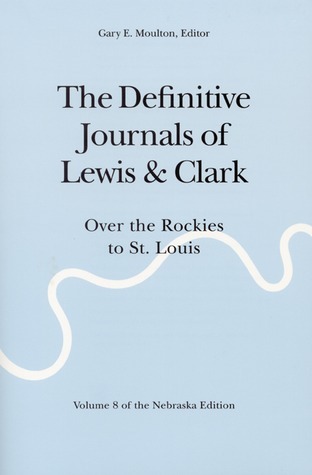What do you think?
Rate this book


456 pages, Paperback
First published September 1, 2002
a little before dark McNeal returned with his musquet broken off at the breech, and informed me that on his arrival at willow run he had approached a white bear within ten feet without discover him the bear being in the thick brush, the horse took the allarm and turning short threw him immediately under the bear; this animal raised himself on his hinder feet for battle, and gave him time to recover from his fall which he did in an instant and with his clubbed musquet he struck the bear over the head and cut him with the guard of the gun and broke off the breech, the bear stunned with the stroke fell to the ground and began to scratch his head with his feet; this gave McNeal time to climb a willow tree which was near at hand and thus fortunately made his escape. the bear waited at the foot of the tree untill late in the evening before he left him, when McNeal ventured down and caught his horse which had by this time strayed off to the distance of 2 ms. and returned to camp. these bear are a most tremenduous animal; it seems that the hand of providence has been most wonderfully in our favor with rispect to them, or some of us would long since have fallen a sacrifice to their farosity. there seems to be a sertain fatality attatched to the neighbourhood of these falls, for there is always a chapter of accedents prepared for us during our residence at them. the musquetoes continue to infest us in such manner that we can scarcely exist; for my own part I am confined by them to my bier at least ¾ths of my time. my dog even howls with the torture he experiences from them, they are always most insupportable, they are so numerous that we frequently get them in our thrats as we breath.